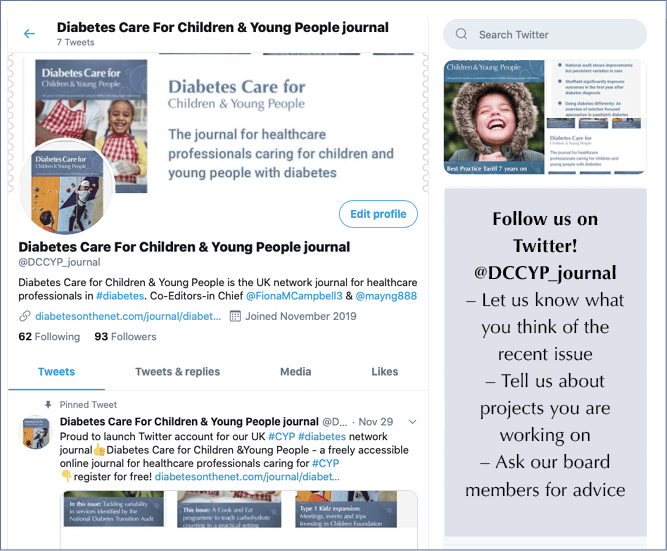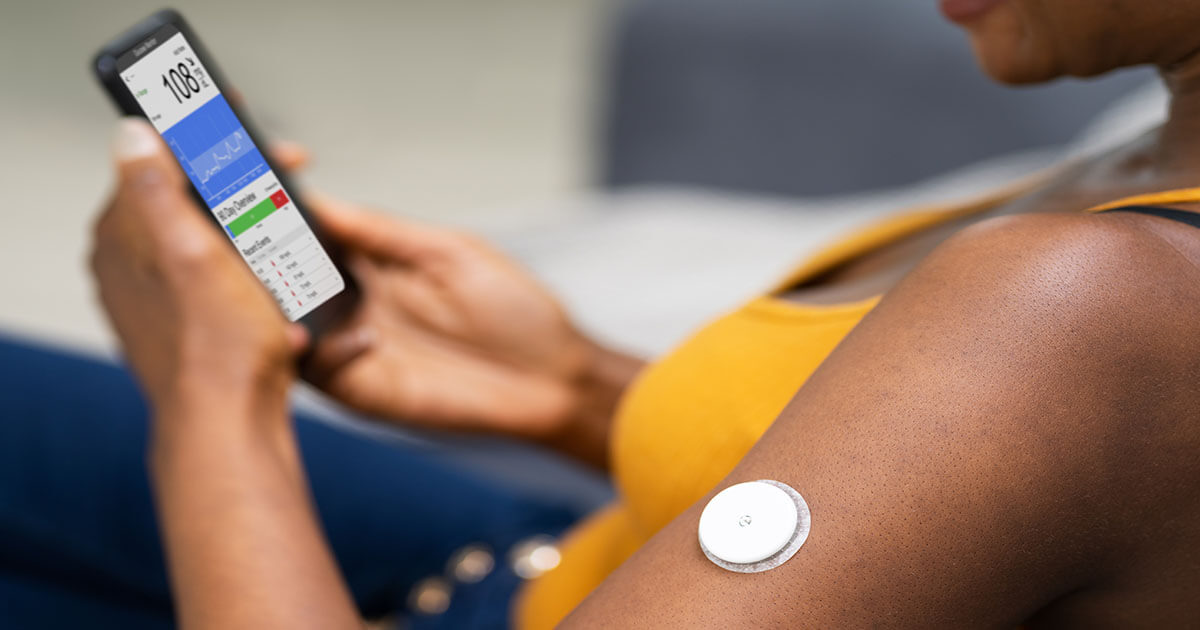Are you making the most of the opportunities provided by digital platforms to enhance your clinical practice? If used appropriately, social media can become an important tool through which to disseminate information rapidly, engage with patients and families, and network with other healthcare professionals. I recently spoke at the 47th annual British Society of Paediatric Endocrinology and Diabetes meeting in Cardiff on ‘getting the best out of social media in your clinical practice’. The talk was very well attended and generated much curiosity and interest among the audience. With so much interest – and yet uncertainty – expressed, this seems the opportune moment to highlight the benefits of social media in paediatric diabetes care.
The impact of online information
The internet has changed the relationship between healthcare professionals and service users in the past couple of decades. Healthcare professionals are no longer the only ‘experts’ accessible, with online healthcare accessed by over 80% of internet users (Ventola, 2014). Participation in social media by the general public has increased sharply, but healthcare professionals are still lagging behind in adopting technological applications in their clinical practice. This delay is due to a variety of reasons, such as (Liddell et al, 2008):
- Being risk-averse
- A lack of leadership
- A lack of resources
- Unfamiliarity
- Lack of time.
Social media tools generally refer to internet-based applications that allow individuals to communicate, share information and ideas, and acquire knowledge. There is a myriad of platforms that many of us use, such as:
- Social networking (Facebook, MySpace, Google Plus, Twitter)
- Professional networking (LinkedIn)
- Media sharing (YouTube, Flickr)
- Knowledge and information gathering (Wikipedia, Google).
Social media offers a variety of benefits, see Box 1. It can improve patients’ access to health information and other educational resources. Children and young people with diabetes and their families should be educated on how to find good quality information and support online. They can be directed to recognised and award-winning social media tools such as My Diabetes My Way – which provides information about the condition and, for patients in Scotland, secure online access to test results, clinic letters and treatment plans – and DigeBete, which is a video platform providing access to videos and educational resources for children and young people with type 1 diabetes. When social media and other technological platforms are used wisely, it can offer the potential to streamline your clinical practice and have a significant positive impact in your clinical care.
For healthcare professionals, social media can be a useful platform for increasing our awareness of timely news and trends by following important organisations and influential opinion leaders (Bernhardt et al, 2014). Twitter is free to use and offers the chance to keep abreast of developments in just a couple of minutes a day. You can follow people but not post (‘lurk’ – a good option if you are new to social media and want to gain an understanding of how it works) or you can contribute to the conversation by posting tweets.
Consider using social media in your practice
Social media offers a variety of different channels that are easy to use and personalise and are an affordable option. When considering using social media in your practice, you should:
- Decide which platform you would like to use
- Look at and learn from what others have done
- Contact the person responsible for local clinical governance to find out what your Trust’s position is on social media
- Agree and document team goals
- Appoint a social media champion as the main point of contact and to drive forward the initiative.
There is an initial time investment required, but the opportunities social media offers for professional advancement and development far outweigh the risks (Bernhardt et al, 2014). Your social media work can count towards your continuing professional development and be added to your CV.
Professional guidance
Many professional societies have issued guidelines for the use of social media, such as the General Medical Council (2013), the British Medical Association (2011) and NHS England (2013). Be familiar with the guidance but do not be so risk-averse that you fall behind the times.
Join us on Twitter!
This month our journal has launched our social media Twitter account, @DCCYP_journal. Please follow us on Twitter and encourage many of your colleagues to be brave and embark on a social media journey.







NHSEI National Clinical Lead for Diabetes in Children and Young People, Fulya Mehta, outlines the areas of focus for improving paediatric diabetes care.
16 Nov 2022